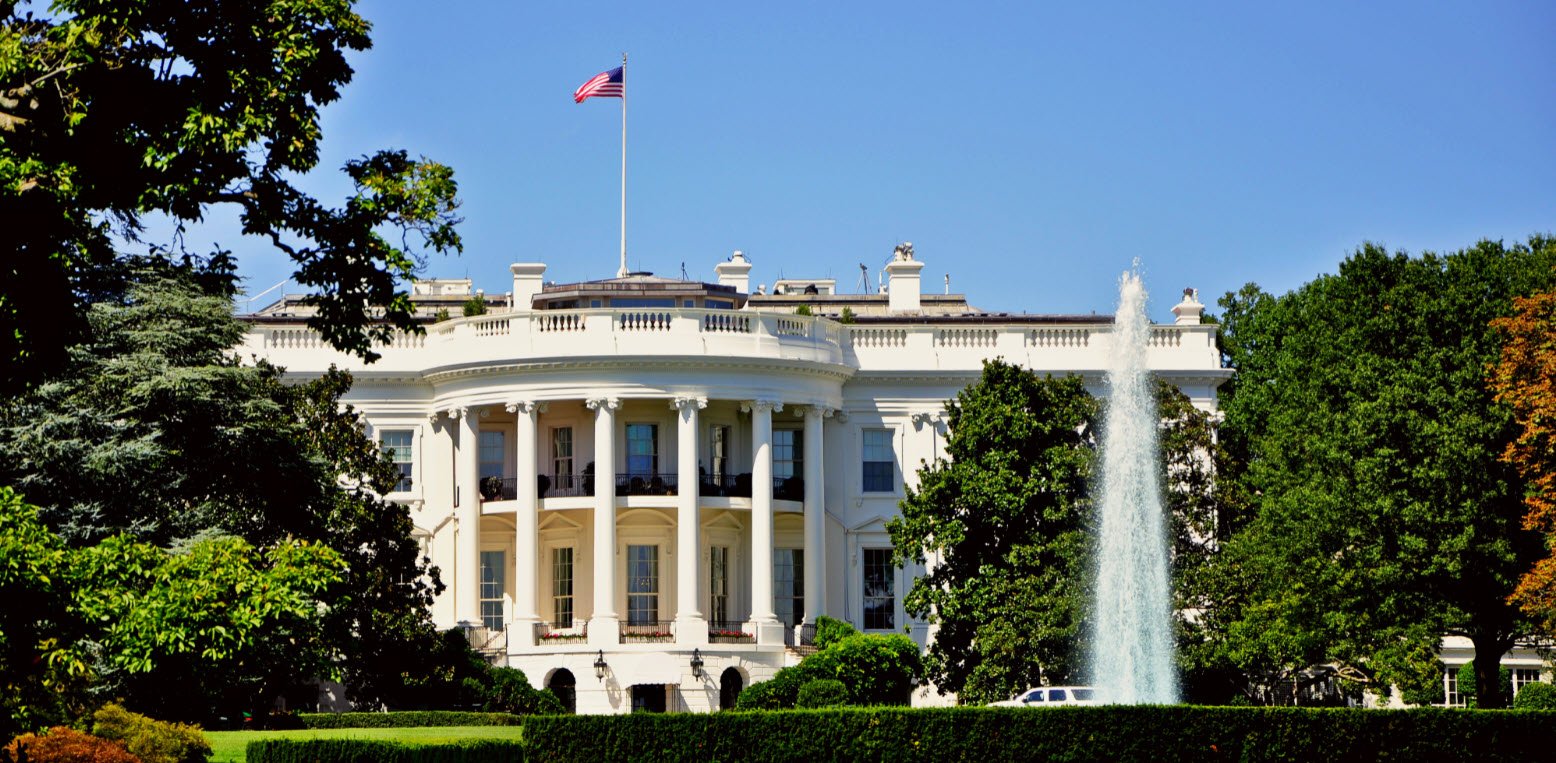In brief
In recent months, following the Biden Executive Order that set antitrust law enforcement priorities for the Federal Trade Commission (FTC) and the Department of Justice (DOJ) (among other federal agencies), the FTC has made a number of changes to its long-standing merger review policies and processes. In announcing those changes, the FTC has cited the “surge in merger filings” and the need to ensure that merger reviews are more “comprehensive and analytically rigorous.” We highlight below the most significant of these recent changes announced by the FTC and expect the DOJ’s Antitrust Division to adopt similar (if not identical) stances on these and related enforcement issues.
In more detail
Change in HSR threshold calculation
- When calculating the acquisition price under the HSR Act, the calculation must now include the full or partial retirement of debt that is “part of the consideration of the deal” if selling shareholders benefit from the retirement of that debt. That represents a reversal of the position outlined in prior informal interpretations of the HSR Act regulations by the FTC’s Premerger Notification Office. Though the FTC acknowledged that not all debt retired as part of a proposed transaction is consideration, the agency offered no clear guidance on when the retirement of debt can be properly excluded because it does not benefit the selling shareholders.
- In a blog post announcing the change, the FTC expressed concern that some merging parties have structured deals in ways they believe fall outside of the filing requirements, and that “(t)arget companies may be incentivized to take on debt just before an acquisition, so that the acquiring company can retire the debt as part of the deal,” leading to the deal not being reported to the antitrust authorities.
Withdrawal of the Vertical Merger Guidelines
The Vertical Merger Guidelines (VMGs), which the FTC adopted (jointly with the DOJ) in June 2020, describe the analytical framework and enforcement policies used by the agencies when reviewing non-horizontal mergers. Barely one year later, on 15 September 2021, the FTC voted along party lines to withdraw the VMGs. Specifically, the majority commented that the VMGs “had improperly contravened the Clayton Act’s language with its approach to efficiencies, which are not recognized by the statute as a defense to an unlawful merger.” The FTC’s withdrawal of the VMGs is consistent with the Majority Commissioners’ prior criticism that the VMGs overly credit claimed pro-competitive benefits of vertical mergers and undercounted a number of alleged harms. Moving forward, it is likely that the FTC, and perhaps the DOJ (which has not yet withdrawn the VMGs), will seek to provide new guidance. The FTC majority noted certain considerations to expect in future guidance, including information regarding (1) the characteristics of transactions that are likely unlawful, (2) “ineffective remedies” based on assessment of past settlements, and (3) an expanded list of harms specifically in digital and labor markets.
Issuance of warning letters
The FTC recently announced the use of “Pre-Consummation Warning Letters.” For deals that the FTC cannot fully investigate within the requisite review period set forth in the HSR Act (typically 30 days), the FTC will send letters stating that its “investigation remains open and ongoing” even though the HSR waiting period expired. At this time, it seems this practice is idiosyncratic to the FTC and has not been expanded to the DOJ’s review process. Notably, the warning letters do not prohibit the parties from closing and do not extend any gun-jumping concerns after the transaction has been cleared under the HSR Act.
Changes to second request process
- On 28 September 2021, the FTC announced that it would make several changes to how it investigates mergers and acquisitions, including assessing the scope of its second requests and amending the manner in which it engages with parties subject to second requests. “Second requests” are issued in order to extend the initial waiting period under the HSR Act and to provide the DOJ or FTC with additional time to investigate a proposed transaction. Specifically:
- The scope of second requests is likely to broaden. The FTC will consider additional areas that have not been involved in merger reviews — e.g., how a proposed merger will affect labor markets, the cross-market effects of a transaction, and how the involvement of investment firms may affect market incentives to compete. Such additional factors, the FTC contends, may help them better identify and challenge potentially illegal transactions.
- Second request modifications will be considered only after information about the business and relevant personnel has been provided. Before the FTC will consider modifying the scope of a second request (which is typically expansive), each party under investigation must identify and describe the business responsibilities of employees and agents responsible for the relevant lines of business, along with those employees responsible for negotiating, analyzing, or recommending the transaction. The parties will also need to provide more information about how data is stored.
- The FTC will seek additional information about the use of e-discovery tools. A company under investigation will be required to provide information about how it intends to use e-discovery tools before it applies those tools to identify responsive materials. Here, the FTC claims that the change will more closely align its model second request with that of the DOJ.
- The option to submit partial privilege logs is discontinued. The FTC second request will no longer give parties the option to submit partial privilege logs, but will align with the DOJ’s practice with respect to privilege logs. The FTC asserted, however, that staff will remain open to modifications in appropriate circumstances.
Focus on Section 8/Interlocking directorates
The FTC accepted recommendations from its Bureau of Consumer Protection and Bureau of Competition regarding eight new compulsory process resolutions, one relating to Interlocking Directors & Officers and Common Ownership. The resolution directed use of all compulsory processes to investigate whether ownership stakes in competing companies may be anticompetitive, and whether interlocking directorates may violate Section 8 of the Clayton Act. “Interlocking directorates” occur when a person serves simultaneously as an officer or director of competing companies. The FTC noted that interlocking directorates and common ownership continue to raise significant competitive concerns.
Setting FTC merger review priorities
- On 22 September 2021, FTC Chair Lina Khan issued an internal memo to staff regarding the FTC’s vision and enforcement priorities. The memo stressed that the FTC will strengthen its merger enforcement work notwithstanding what Chair Khan characterized as the “huge demands” being imposed on FTC staff as a result of current deal volume and filings. (As a reminder the consideration of requests for “early termination” of the applicable HSR waiting period remains suspended.)
- Revising the merger guidelines. Chair Khan believes that current merger guidelines represent a “narrow and outdated framework” for assessing mergers and requires revision. Under her leadership, the FTC will take a more “holistic approach to identifying harms.” According to Khan, revising the guidelines is an opportunity to close gaps between theory and practice, which will set the foundation for more effective and empirically grounded enforcement work. Revision of the merger guidelines will be done in conjunction with the DOJ.
- Additional approaches to reduce resources needed for merger reviews. The FTC chair noted that agency resources are heavily strained, compromising the FTCs ability to investigate significant mergers. The FTC will look to identify ways to “reduce the agency resources and burden associated with investigating and filing lawsuits against unlawful mergers.”
These varied and numerous developments are consistent with the decidedly “pro-enforcement” posture that the new leadership at the FTC has assumed, and signal a heightened level of scrutiny for strategic transactions as well as longer substantive investigations. Parties to such transactions should involve antitrust counsel early in the process and allow sufficient flexibility in the transaction schedule to accommodate this scrutiny.



